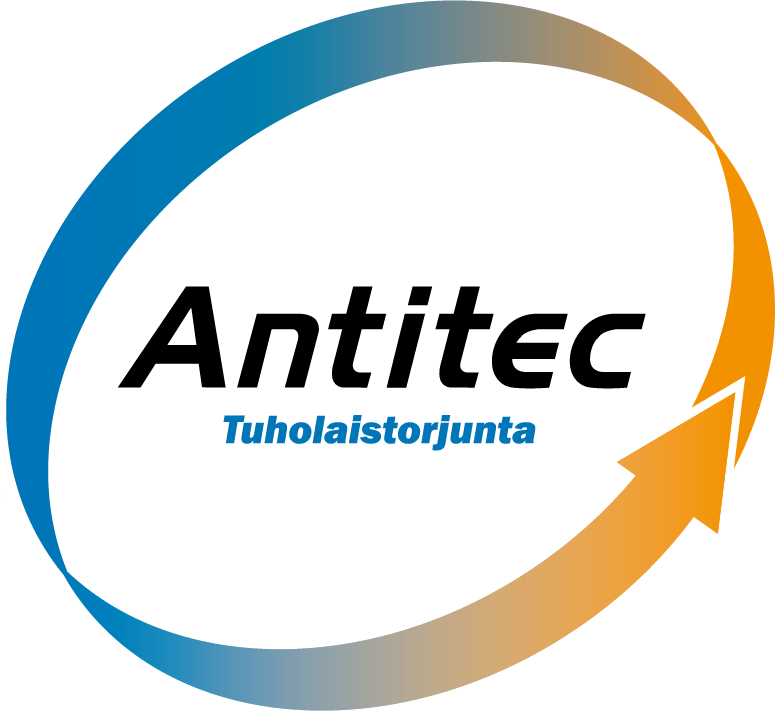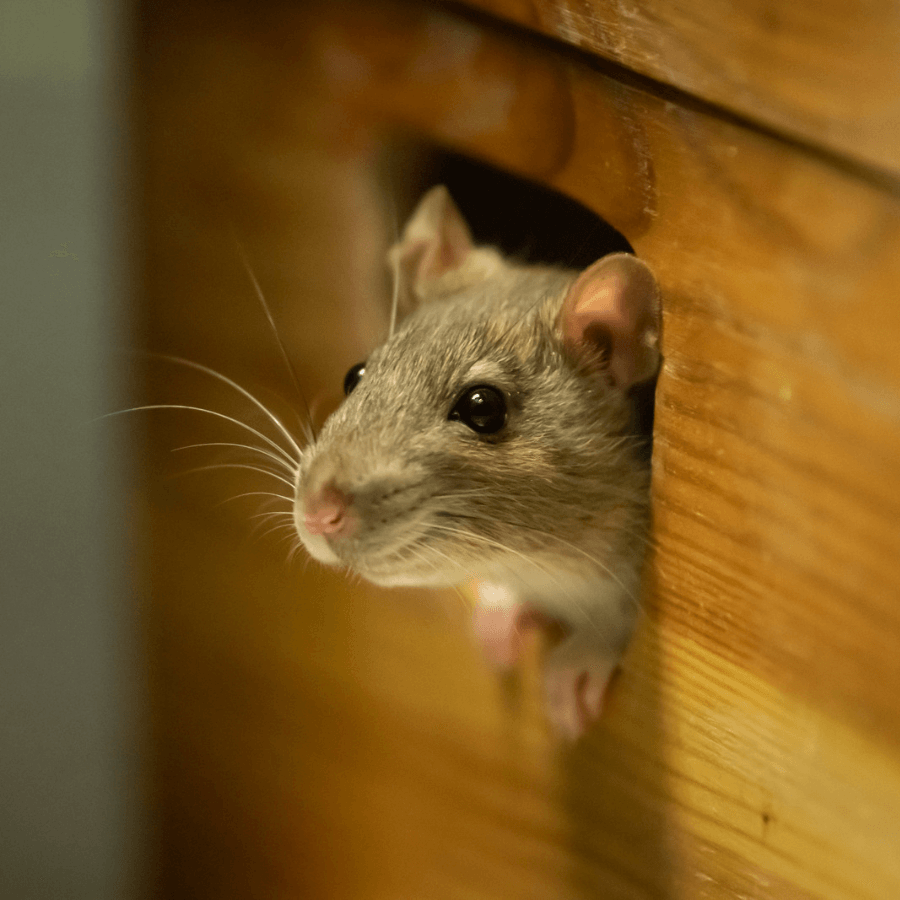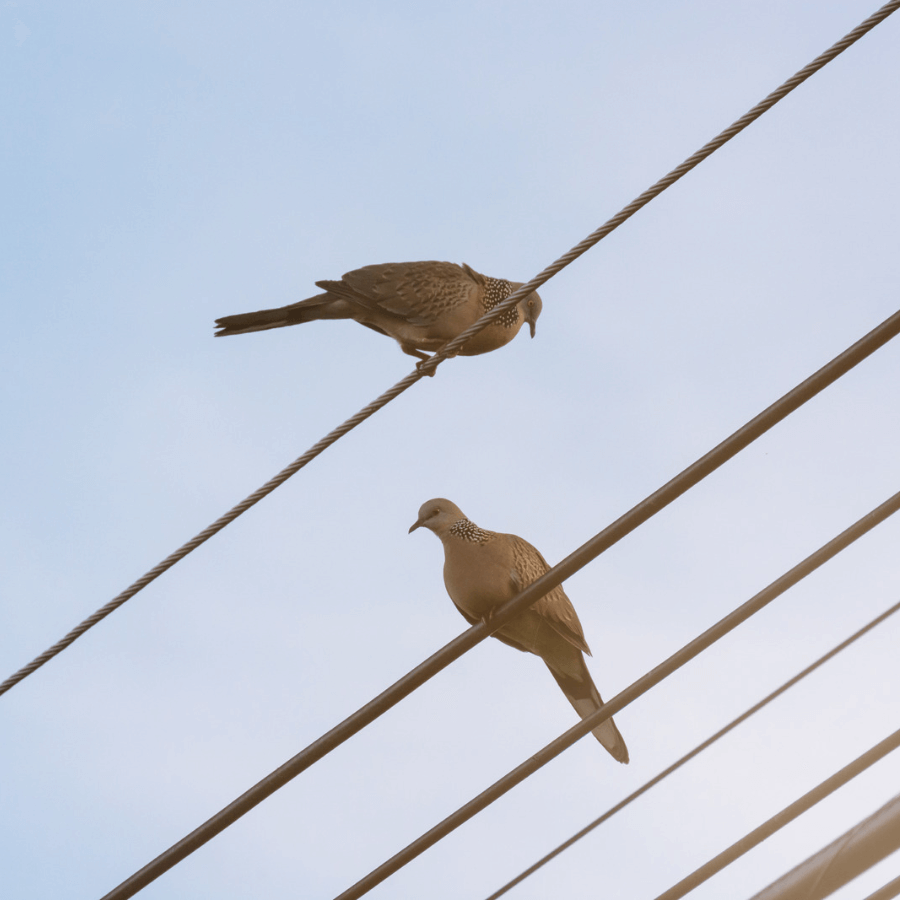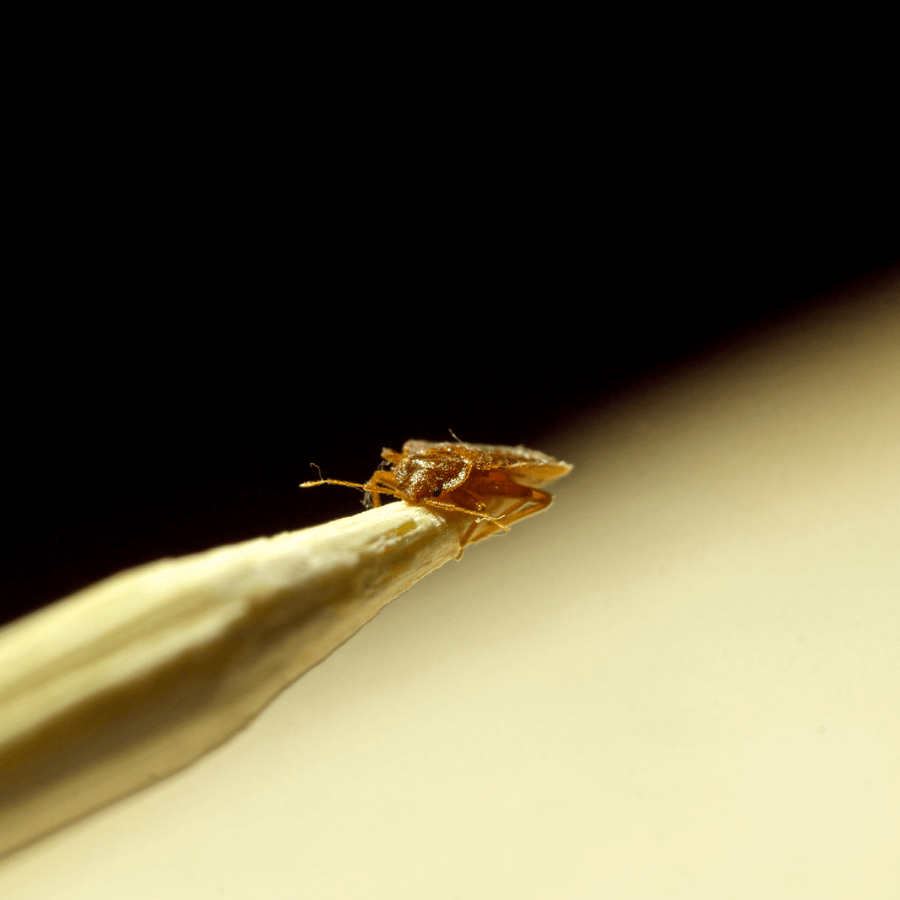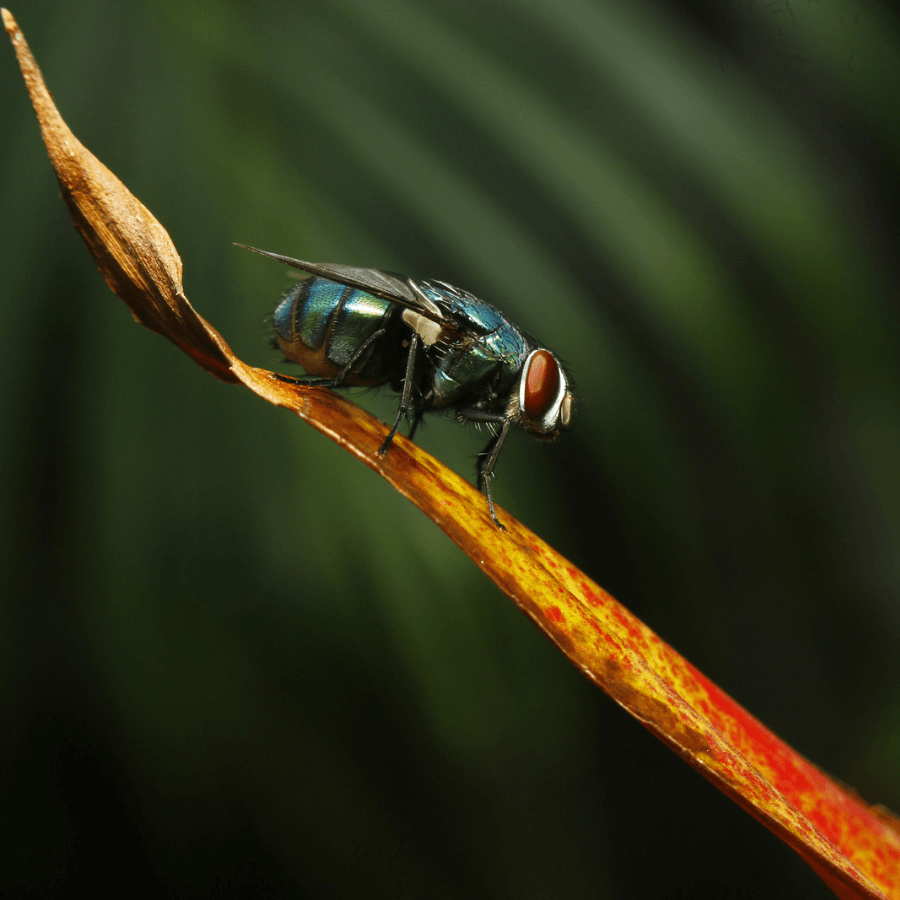Pests
Our properties can sometimes have “uninvited guests” such as various insects and rodents.
All species of animal that causes either physical (e.g. health and/or safety) or aesthetic harm and/or damage to people and their property in a variety of settings (e.g. residential buildings, yards or industries) are called pests.
In Finland, the most common household pests are ants, sugar ants, wasps, fur beetles and mice. In general, a pest population needs to grow quite large (e.g. wasp nests) before it becomes harmful.
Although there are good do it yourself methods for pest control, most cases, DIY methods do not work and it is recommended to contact us, the professionals. That’s why we here at Antitec are for.
Where do they come from?
Many of the worst pests, especially food pests, are originally from abroad but have become established in our country in various production facilities and warehouses. From there, they can be carried with products and packaging materials through the various stages of trade and into the consumer’s home. More and more pest species are being introduced into our country, mainly through imports and increased tourism. There are also many species that live entirely in the wild on our land and are introduced to our properties by natural routes, either by flying or by other means from outdoors to indoors.
How do I identify them?
The easiest way to identify pests is to check their characteristics. Identification chart on this page makes it easy for you to identify the most common pests in Finland. If necessary, the menu will take you to a page with a more detailed description of both the pest itself and the required pest control method.
If you are having difficulty identifying a pest on your property, please send us a picture or sample and we will do the identification for you. At the same time, tell us where did you find it? After identification, we will, if necessary, design a customized pest control plan against it.
Our pest control plan
In our pest control plan, we will tell you first and foremost the number of times you need to visit your site, and also the most effective and appropriate control technique against that pest. At the same time, we will design together with you the most appropriate pest control schedule, always respecting the withdrawal periods (if necessary) set by the biocide manufacturers.
Pests
Vermin bloodsuckers and ticks
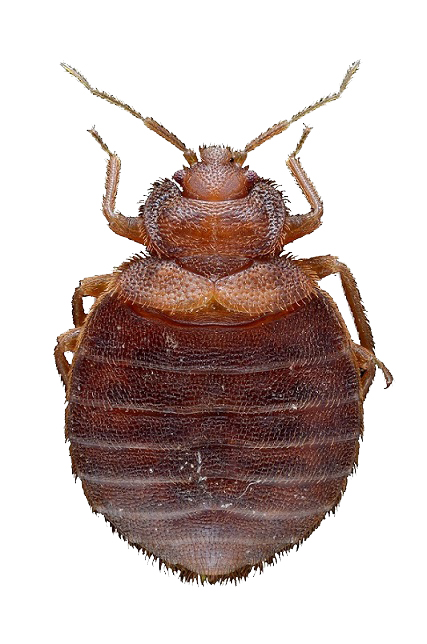
Pests in textiles and furs (adults)

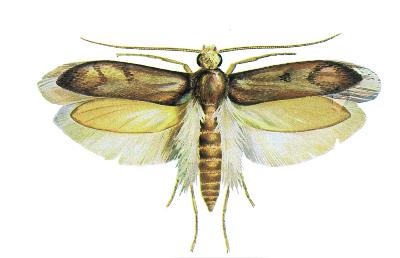
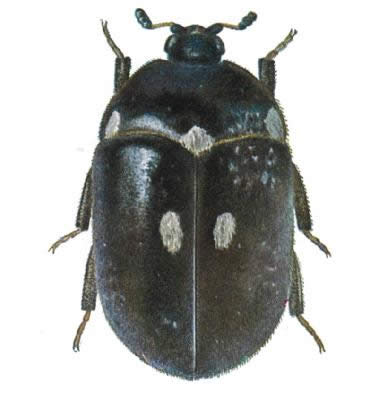
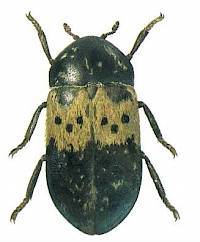
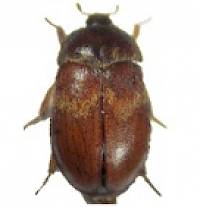
Pests in groceries (adults)
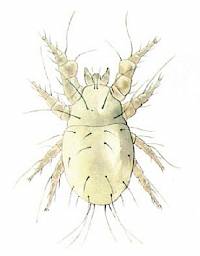
Grain mite
n. 0,5 mm
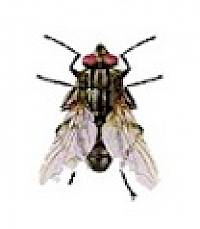
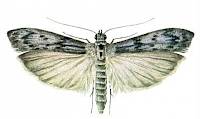
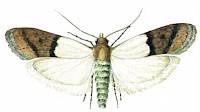
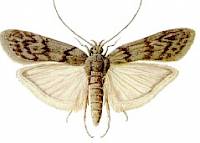
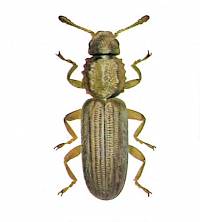
Sawtoothed grain beetle
2-3 mm
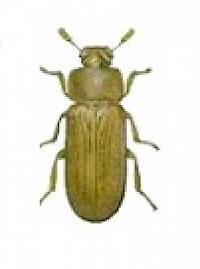
Confused flour beetle
3-4 mm
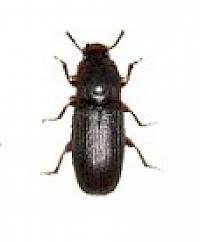
Dark flour beetle
4-5 mm
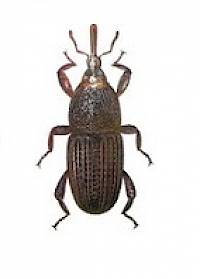
Grain weevil
3-4 mm
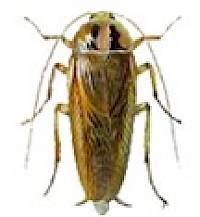

Pests in trees and wooden products (adults)
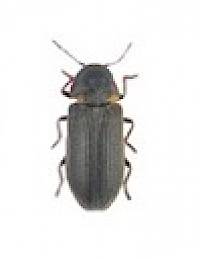
Dampwood borer
4-6 mm
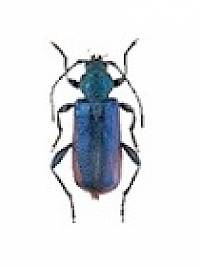
Violet tanbark beetle
10-15 mm
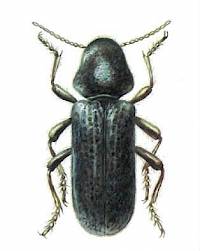
Common furniture beetle
2,5-6 mm
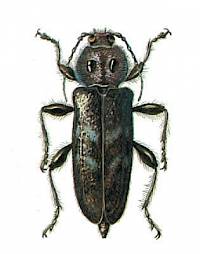
House longhorn
7-15 mm (̌♂), 12-23 mm (♀)
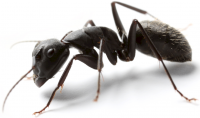
Habitant pests (adults)
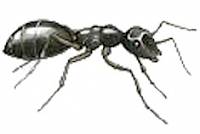
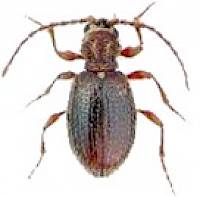
White-marked spider beetle
2-4 mm
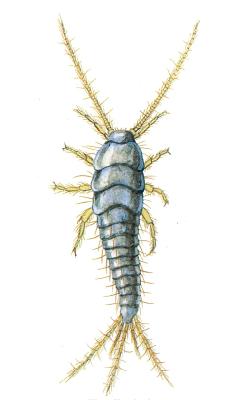
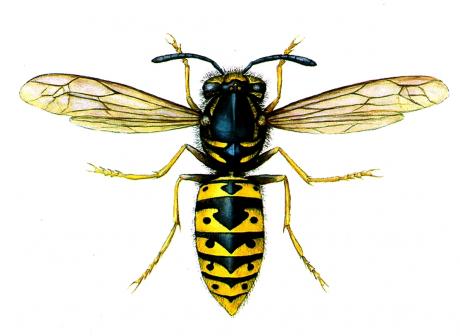
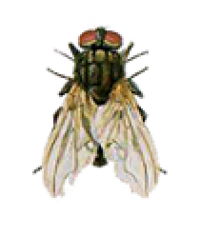
Rodents
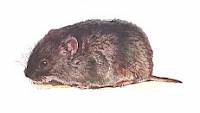
Common vole
8-10,5 cm + häntä
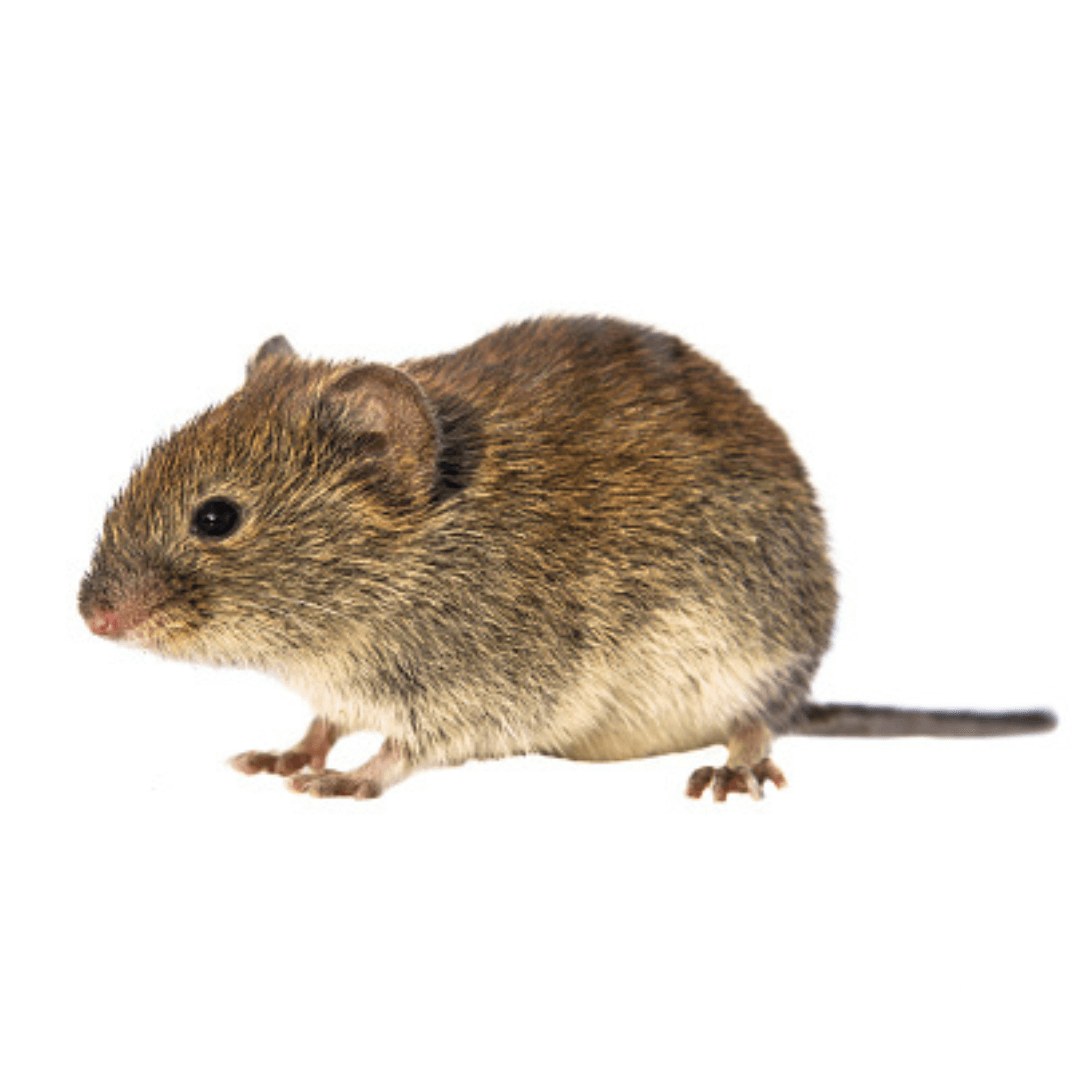
Bank vole
n. 10 cm + häntä
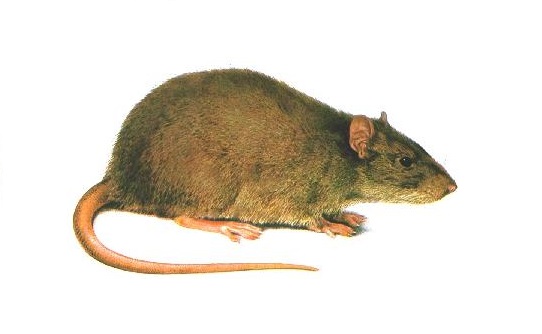
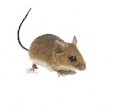







Pests in groceries (adults)

Grain mite
n. 0,5 mm





Sawtoothed grain beetle
2-3 mm

Confused flour beetle
3-4 mm

Dark flour beetle
4-5 mm

Grain weevil
3-4 mm


Pests in trees and wooden products (adults)

Dampwood borer
4-6 mm

Violet tanbark beetle
10-15 mm

Common furniture beetle
2,5-6 mm

House longhorn
7-15 mm (̌♂), 12-23 mm (♀)

Habitant pests (adults)


White-marked spider beetle
2-4 mm



Rodents

Common vole
8-10,5 cm + häntä

Bank vole
n. 10 cm + häntä




Grain mite
n. 0,5 mm





Sawtoothed grain beetle
2-3 mm

Confused flour beetle
3-4 mm

Dark flour beetle
4-5 mm

Grain weevil
3-4 mm



Dampwood borer
4-6 mm

Violet tanbark beetle
10-15 mm

Common furniture beetle
2,5-6 mm

House longhorn
7-15 mm (̌♂), 12-23 mm (♀)

Habitant pests (adults)


White-marked spider beetle
2-4 mm



Rodents

Common vole
8-10,5 cm + häntä

Bank vole
n. 10 cm + häntä





White-marked spider beetle
2-4 mm




Common vole
8-10,5 cm + häntä

Bank vole
n. 10 cm + häntä



